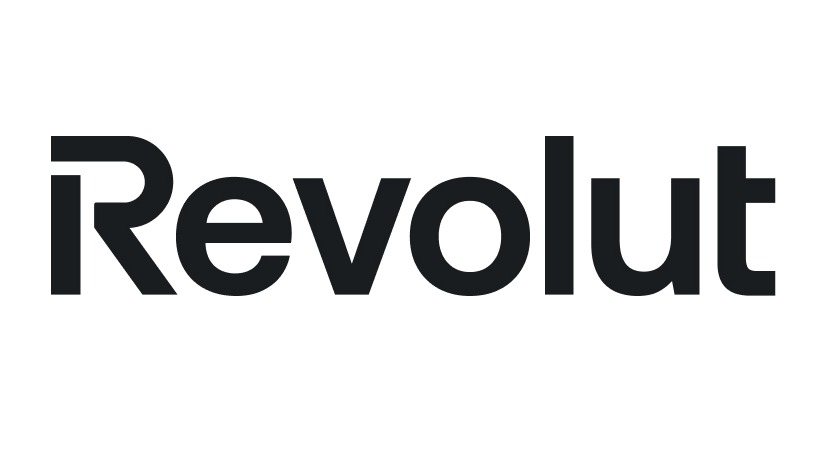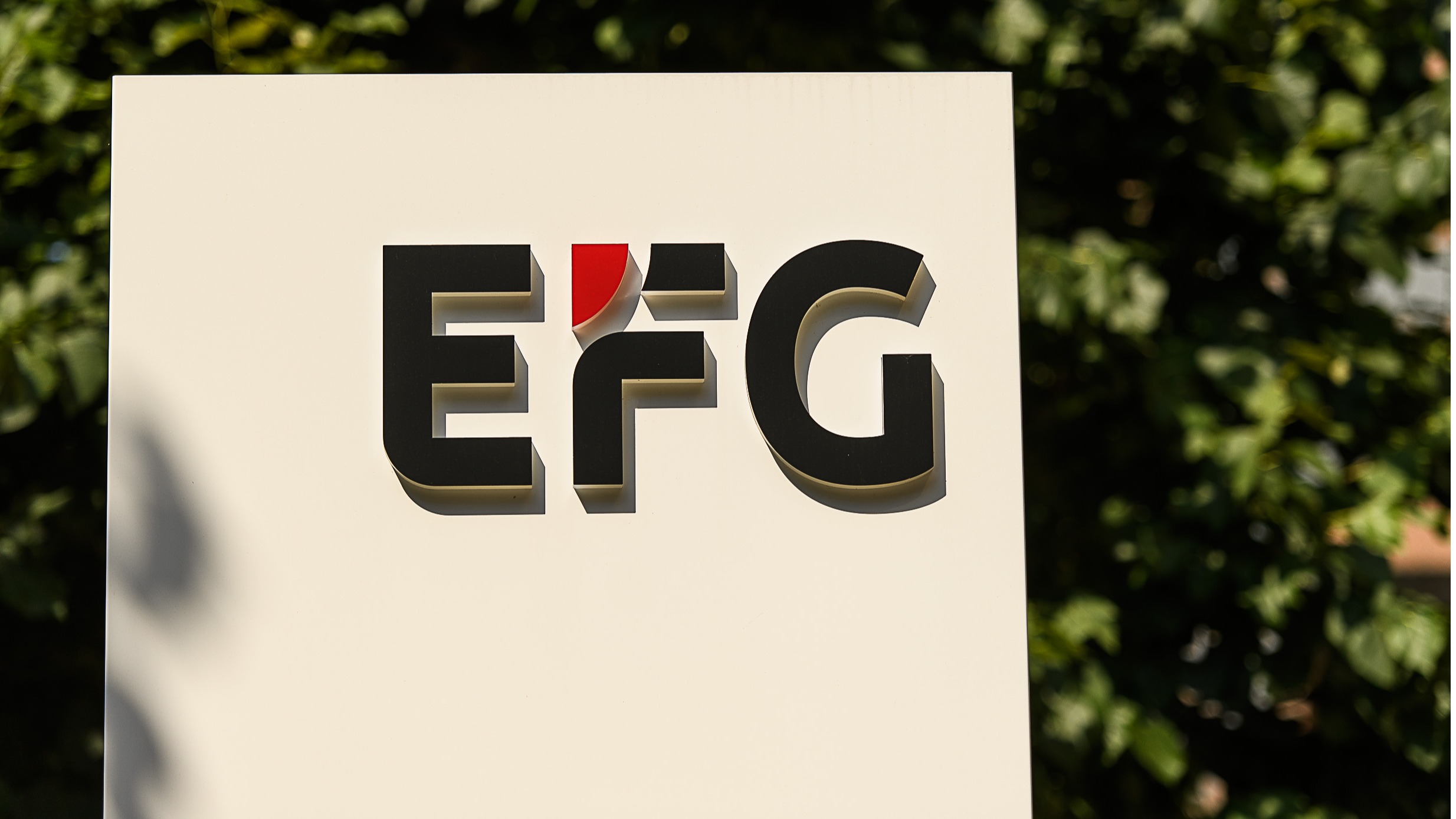NatWest Group is introducing lending for high growth businesses based on the value of their intellectual property (IP).
The bank said that while these companies often own few tangible assets, they can be rich in IP and intangible assets.
These companies can find it difficult to use their assets as collateral to secure growth funding, particularly when compared with firms holding more conventional assets.
According to a report from the ScaleUp Institute, this has led to a large growth funding gap for fast-growing, asset light businesses, which in 2020 was estimated to have reached as much as £15 billion annually.
Further research from the organisation found that in 2023 there were 28,410 scale-ups in the UK which generated a total turnover of £1.3 trillion for the economy and employed 2.6 million people. It says that these businesses have an outsized impact on the economy, generating 58 per cent of the turnover of all UK SMEs, despite only making up just 0.5 per cent of the market.
NatWest's rules require businesses that classify as high growth to show 20 per cent year-on-year growth in turnover over three consecutive years, with a minimum turnover of £250,000 and/or a minimum £50,000 equity or grant investment over a two-year period.
The bank said that while it will always initially assess loan applications to establish whether the customer meets the criteria for standard lending options, if the bank cannot meet a high growth business’ borrowing needs through conventional security criteria, it will now consider whether it could raise funding by using their qualifying IP assets as collateral.
It will use valuations provided by specialist IP evaluation company Inngot to identify and evaluate relevant assets which could be taken as security for loans.
“As the UK’s leading business bank, we are delighted to have joined forces with Inngot, to provide a truly innovative and progressive proposition for high growth SMEs and scale-up businesses,” said Andy Gray, managing director of commercial mid-market at NatWest Group. “Many of these businesses struggle to access debt funding when they need it without having to dilute equity.
"This new offering will allow these firms to go further and faster in their growth journey.”
Latest News
-
Gemini to cut quarter of workforce and exit UK, EU and Australia as crypto slump forces retrenchment
-
Bank ABC’s mobile-only ila bank migrates to core banking platform
-
Visa launches platform to accelerate small business growth in US
-
NatWest to expand Accelerator programme to 50,000 members in 2026
-
BBVA joins European stablecoin coalition
-
eToro partners with Amundi to launch equity portfolio with exposure to ‘megatrends’
Creating value together: Strategic partnerships in the age of GCCs
As Global Capability Centres reshape the financial services landscape, one question stands out: how do leading banks balance in-house innovation with strategic partnerships to drive real transformation?
Data trust in the AI era: Building customer confidence through responsible banking
In the second episode of FStech’s three-part video podcast series sponsored by HCLTech, Sudip Lahiri, Executive Vice President & Head of Financial Services for Europe & UKI at HCLTech examines the critical relationship between data trust, transparency, and responsible AI implementation in financial services.
Banking's GenAI evolution: Beyond the hype, building the future
In the first episode of a three-part video podcast series sponsored by HCLTech, Sudip Lahiri, Executive Vice President & Head of Financial Services for Europe & UKI at HCLTech explores how financial institutions can navigate the transformative potential of Generative AI while building lasting foundations for innovation.
Beyond compliance: Building unshakeable operational resilience in financial services
In today's rapidly evolving financial landscape, operational resilience has become a critical focus for institutions worldwide. As regulatory requirements grow more complex and cyber threats, particularly ransomware, become increasingly sophisticated, financial services providers must adapt and strengthen their defences. The intersection of compliance, technology, and security presents both challenges and opportunities.
© 2019 Perspective Publishing Privacy & Cookies













Recent Stories